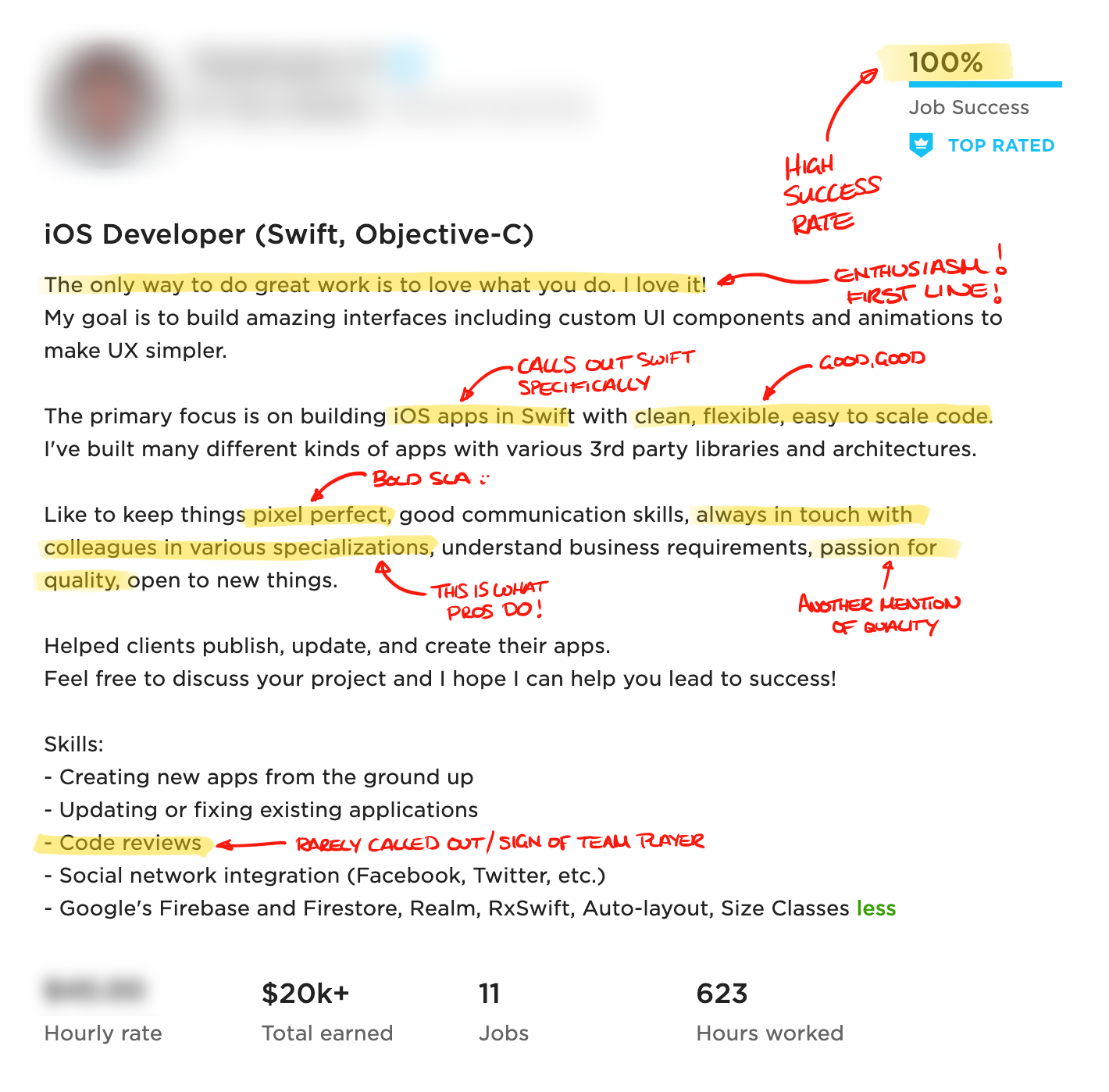The Phoenix Checklist is a problem-solving framework for navigating completely unique situations designed byt he CIA but useful for Product Managers.
Read MoreInsights that lead to product breakthroughs are by definition uncommon, so creating great products means finding people that think different. And where do you find these people? Bus stops.
Read MoreWe've all felt frustration at work – this model helps understand how to navigate the often inscrutable internal workings of a company.
Read MoreFor those of us that crave certainty, uncomfortably embracing paradoxes is critical.
Read MoreEvery company or product failure I've seen has gone against this truth.
Read MoreNo matter how much a Product Manager believes in the idea, their boss isn't about to allocate hundreds of thousands of dollars because they have a feeling.
Read MoreNot all decisions are created equal.
Read MoreLiberate creativity and speed by giving yourself and your team the freedom to be wrong.
Read MoreBusinesses are driven by data but people are driven by emotion. This poses a problem for the Product Manager.
Read MoreApplying the millenia-old Taoist principle of the Uncarved Block to product design.
Read MoreWhen things don't go your way, there are three ways you can react. Only one of them helps you do better next time.
Read MoreWhen the feeling of speed actually means you’re going slower.
Read MoreNostalgia is a powerful thing, but what makes something nostalgic and what can make it lose that feeling?
Read MoreNew or aspiring product managers will appreciate this book. It’s a great single source for many of the terms, technologies, and principles used in software development.
Read MoreJohn F Kennedy's goal to put a man on the moon rallied 400,000 people. What can we learn from it when setting our own goals?
Read MoreThe all-time great product companies consider the spreadsheet and the soul. The justifiable and the unexplainable. Everything needs to make financial sense but also connect with something deeper.
Read MoreAs a non-technical founder, I’ve always had to find people to help me build my ideas. Many freelancers over the years didn’t work out, costing me a lot of time and money. Looking back though, the problem always came back to me and my approach. This post shares the system I use today that's based on the lessons I’ve learned, and which has led to a string of great hires.
Read MoreAn out of control backlog is a drain on a team: work gets lost, time’s wasted, everyone's anxious, and morale drops as it never seems to stop growing. The problem with the accepted practices of backlog management is that they require a lot of overhead to keep things organized. Here are a few simple rules I took from my time working in warehouses that will help keep your backlog under control with less work.
Read MoreI came across an interview with Microsoft’s CEO Satya Nadella. He described one of their purposes as a company to meet the “unarticulated needs” of their users. This was a phrase I’d never heard in a design context before and it caught my attention.
Read MoreThere’s a Goldilocks aspect to creating processes for teams. How much is just right?
Read More














